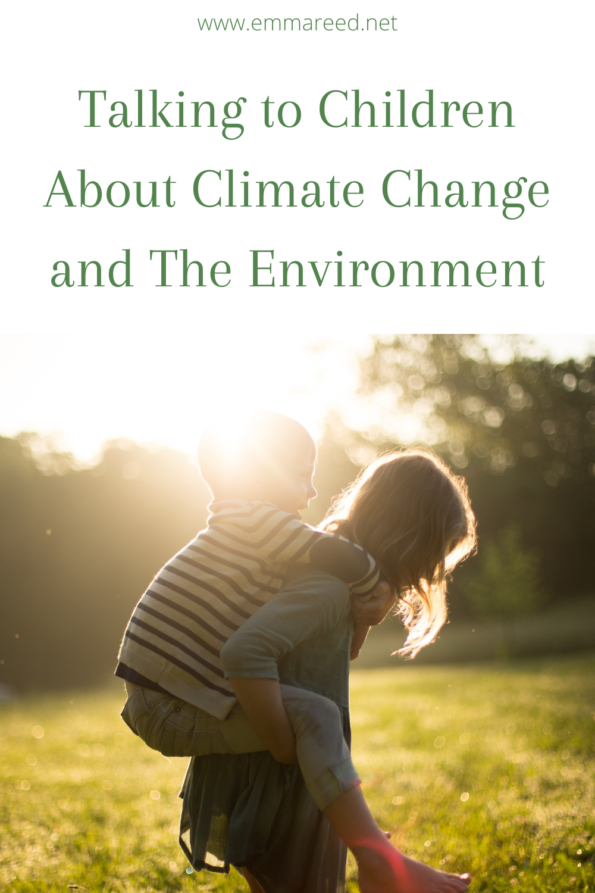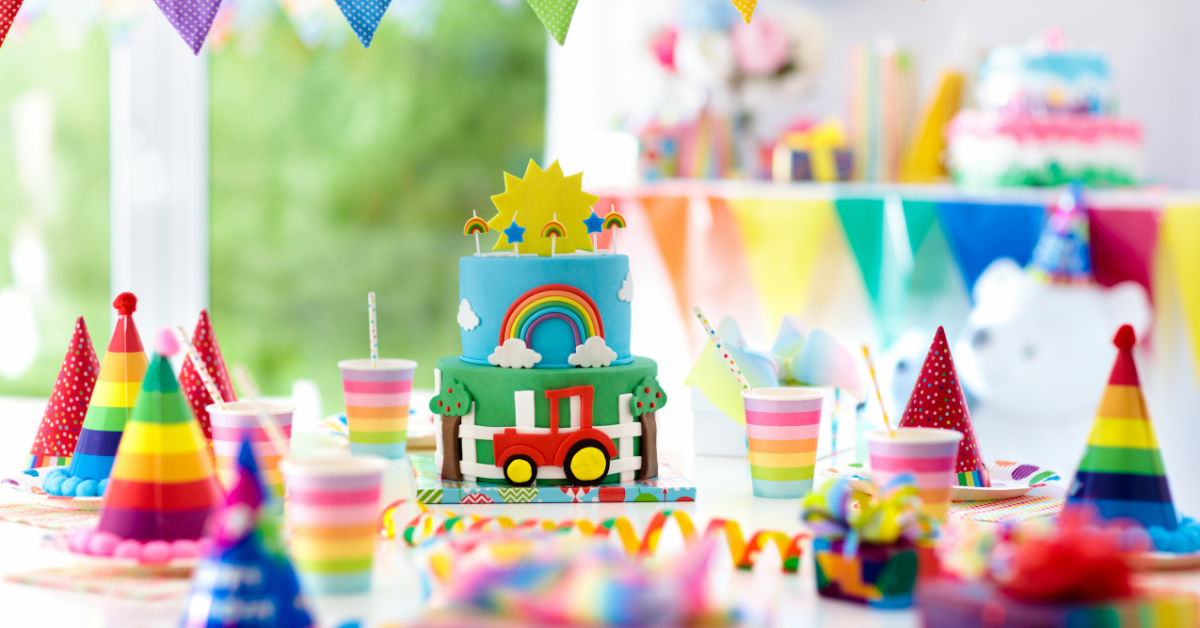
Talking To Children About Climate Change and The Environment

*Contains Some PR Products
As parents, one of the biggest things we face is talking to our children about important topics. These little people are living in a different world to the one we all grew up in, a more progressive one, a more accepting one, a more open one but we also have to remember that they will be the ones who will be impacted by decisions made both in the past and right now, most notably ones that involve climate change and other environmental issues. There is a lot of talk of being net-zero carbon by 2030/2050 (depending on who is speaking) and this may seem like a long way off to you but when you stop and think about how old your children will be by those years, it can feel pretty scary. In 2050 my eldest will be 37 (younger than I am now). He could be witnessing an increase in extreme weather patterns, an increase in worldwide bushfires, rising sea levels taking out areas of particular countries, more migration of people as they seek somewhere safe to live, poorer air conditions, extinction of more species, all at a time when he should really be enjoying life and having children of his own. A future like this seems bleak, doesn’t it? But if we can make change happen now, if we can speak to our children about these issues and help them to understand the solutions and get them to grow up to take a stand, then things could be so good for them as well as for all other species on our planet. So, how do you go about this without making it all doom and gloom or worrying them? I promise it can be done and here are a few ways that may be able to help you with talking to children about climate change…
Honesty
Children love you being honest with them. I know many adults try to shelter children from truths, they may sugarcoat things that may feel a little too hard or dumb topics down but this doesn’t always need to be the case.
**Disclaimer: all children are different so do please do what is best for yours.**
I have always had honest chats with my children and I do think this may be because I have had to deal with a lot in my life including the loss of my own Mum. We talk about her, they ask about her being ill, how my life was, how we managed, passing on etc and I didn’t ever want to hide her or my story from them. After all, they didn’t ever get to meet their Nanny and they deserve to know all about her. I think that due to this, it has encouraged them to talk honestly and openly with me every day. If my eldest has something troubling him after school, he comes out and tells me, if someone has said something he doesn’t understand, he knows he can ask me, even if a subject may be tricky, he knows he can always approach me.
If he does ask me about a difficult subject I try my hardest to answer in a way that a child can grasp but also by being factual, honest and by encouraging an open conversation. I allow both of them to make up their own minds about certain things so they not only have to search for their own thoughts on a matter (religion for instance) but also weigh up what they have heard, read or been told.
This means that when it comes to talking about big subjects like climate change, I know they can hold a discussion in a logical way and they, therefore, don’t become overwhelmed by what is going on. A few things that I do to help include:
- Using facts and figures.
- Talking about how change has helped in the past and can do so in the future.
- By giving examples of how we as individuals can make a change – showing how protests, petitions and other actions can create positive change – they can understand both the impact that climate change could have and also the impact we could all have.
- Asking them open questions.
- Asking them for their own thoughts.
- Following a tough statement with a “but we could try this” or “this is what is being put in place” or “There is the great organisation, let me show you”.
You see honesty doesn’t need to focus on the negative and the gloomy parts, it can be a great balance of information that can open up a wide range of conversations and give your children the opportunity to really take on board what is happening and how they can help.
Books
We are so fortunate to have so many books available to us on the topics of climate change and environmental issues. Books are such an important tool to get a message across, to provide facts, to show children how they can be the game-changers and if you personally find it hard to talk openly or don’t know where to start, they are a good way of opening up that line of communication. I have another blog post here dedicated to some books that we love.
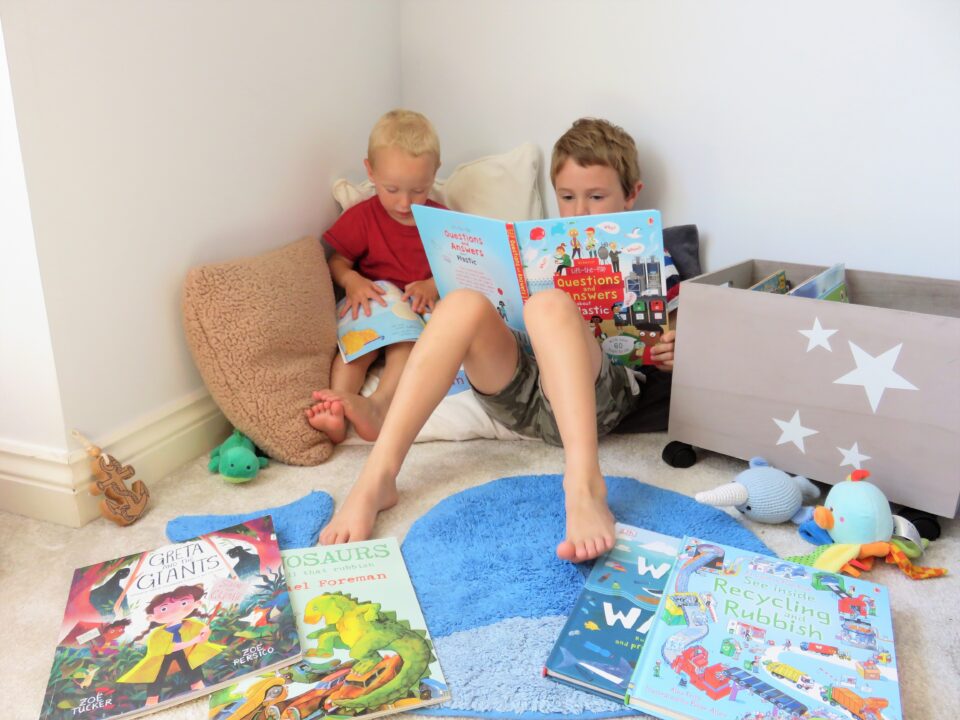
TV and Films
Just like above, again we are spoilt for choice when it comes to finding a TV show, film or documentary on the environment. When you look at the likes of CBeebies, almost every show these days will cover environmental issues. Films that you may not have even considered to be important really can be – Happy Feet, Fern Gully, Free Willy, Avatar, WALL-E… There are also now plenty of documentaries both on Disney and Netflix that are suitable for the whole family. You can simply take your pick of a particular topic and find something for everybody to learn from and then to discuss. I have more about TV Shows and Films That Teach Your Children About Environmental Issues Here.
Games
If you are quite creative you could come up with your own game to tackle climate change topics or you could purchase board games, video games or puzzles that would grab your children’s attention. One tool we have been using recently are these fantastic Climate Dice to create either a story or talk about climate change impact and the solutions that are available to us.
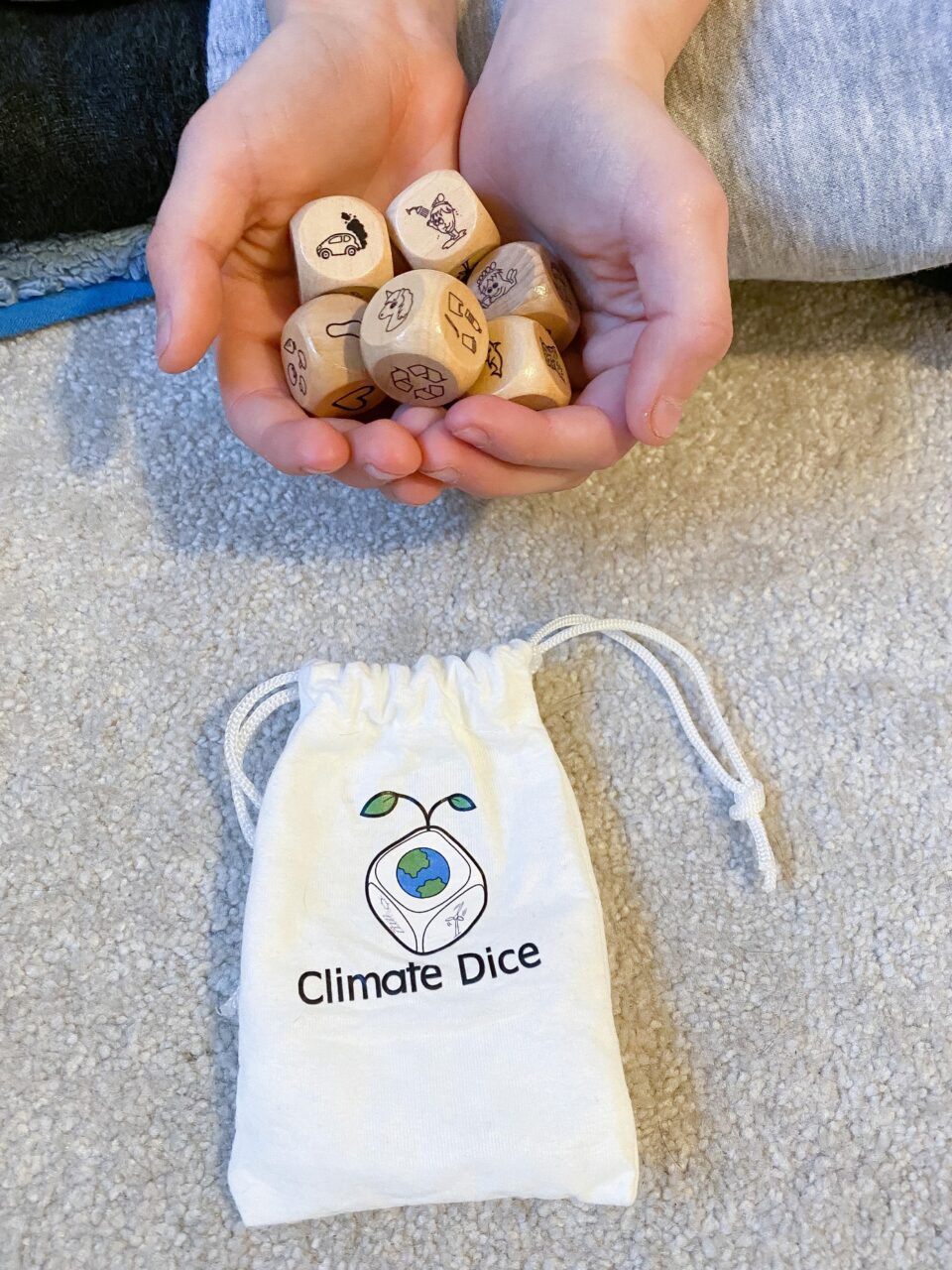
“Climate Dice are a powerful tool to educate children about climate change and environmental issues and to empower them to re-imagine an alternative better future where they can transform the climate crisis threats into new possibilities and opportunities for change. It’s a great way to talk to children about climate change and address climate anxiety and let them discuss their fears and hopes for a better world”
Climate Dice Website
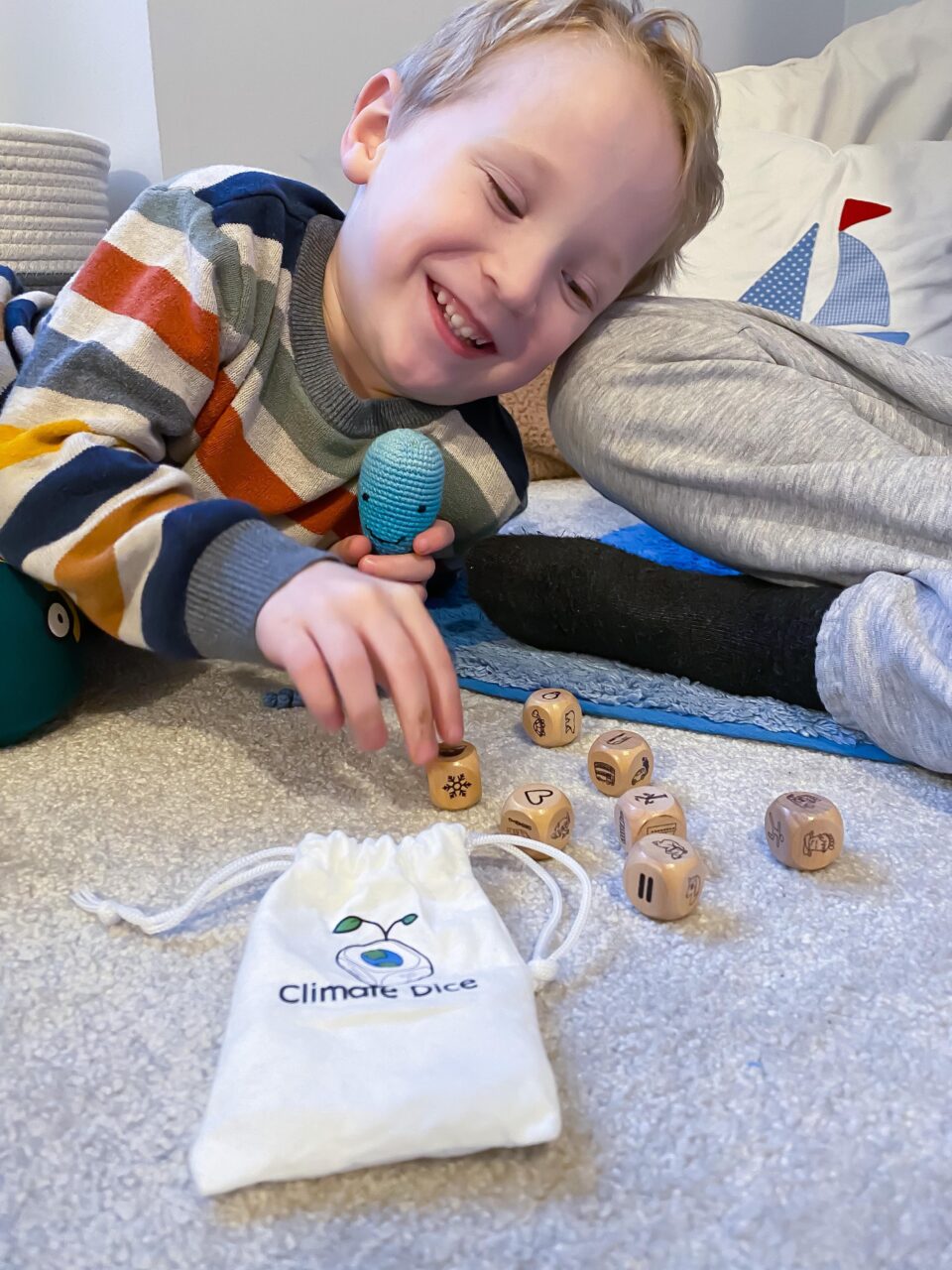

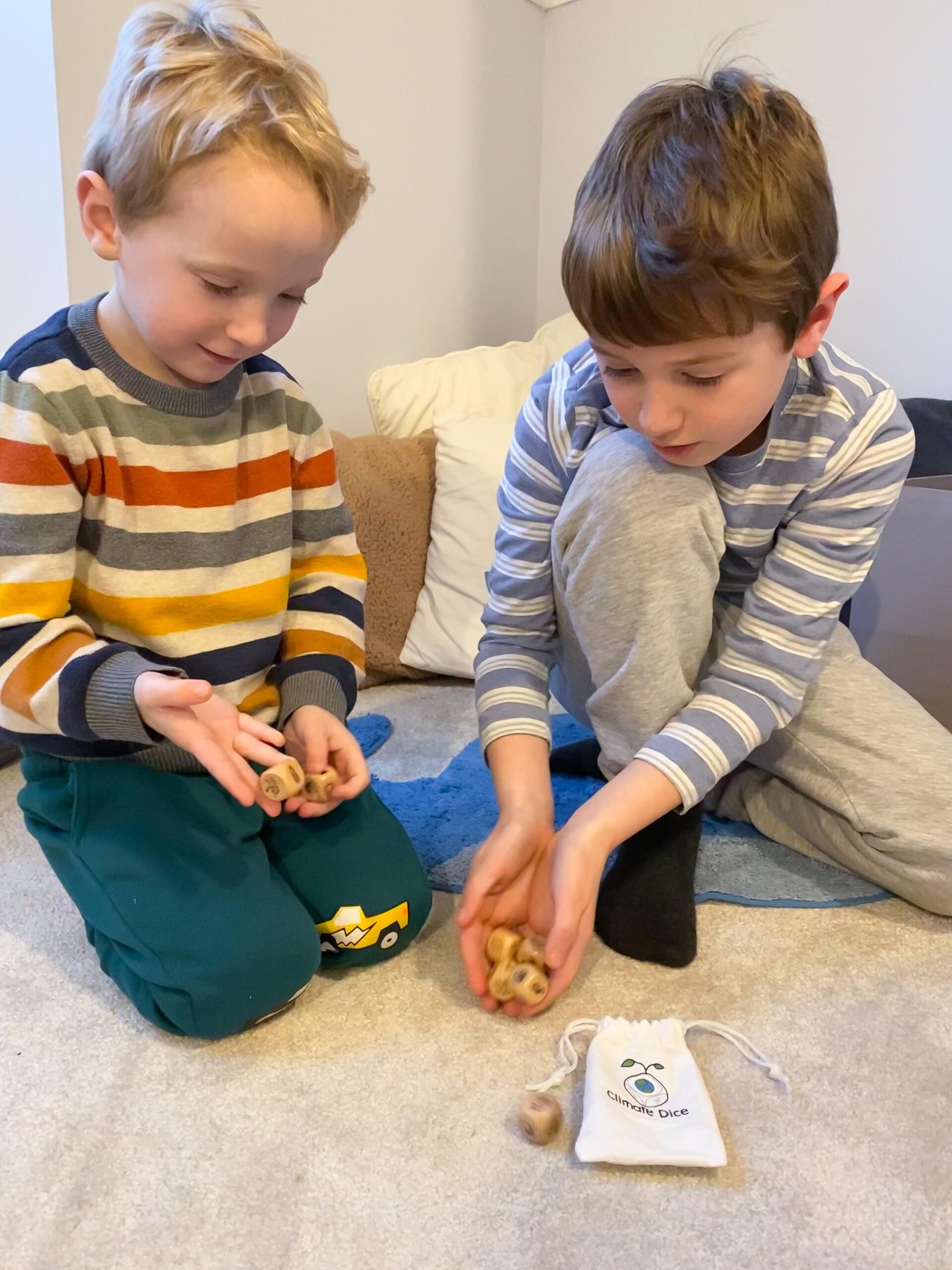
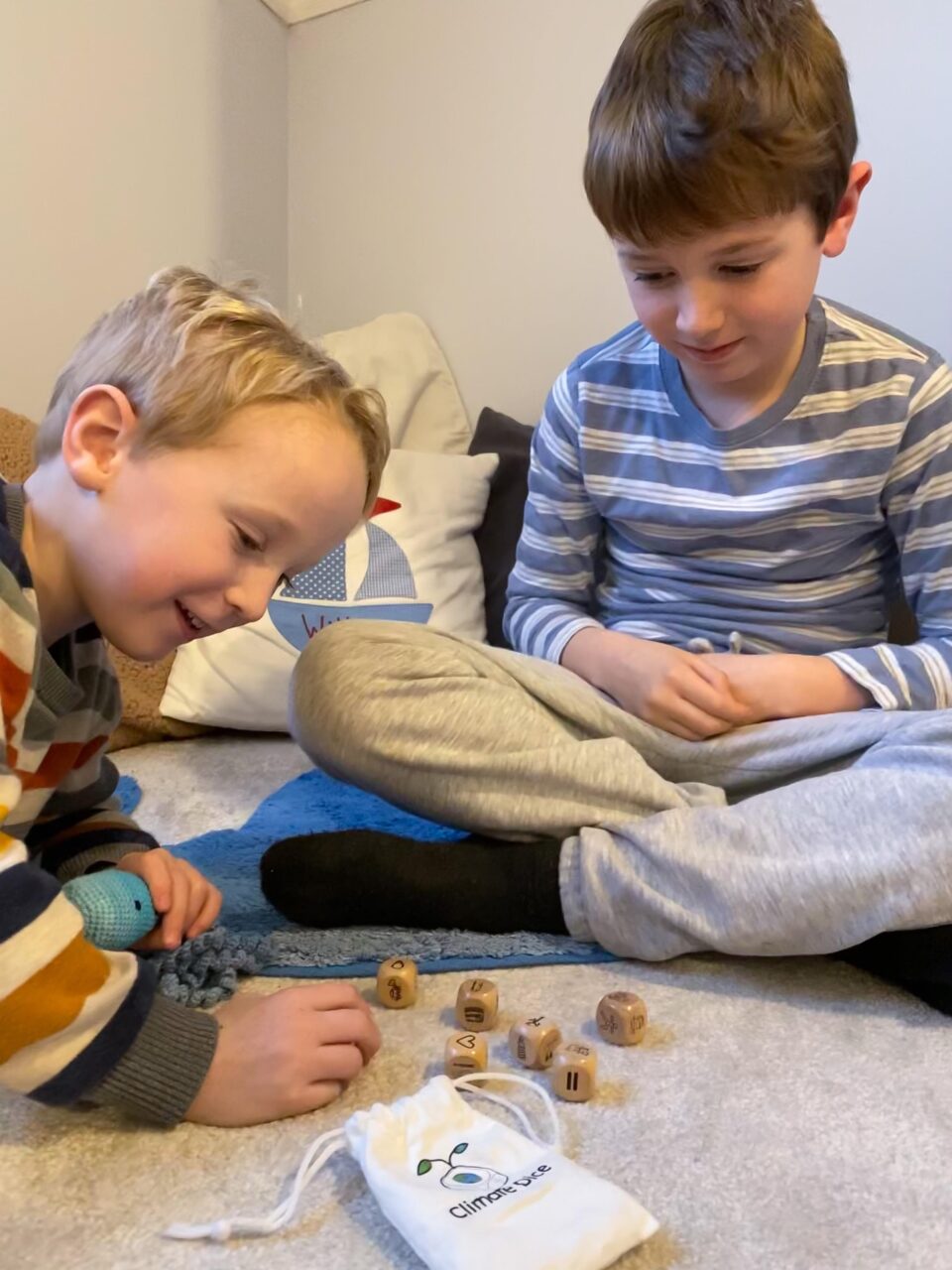
You simply roll the dice, take a look at what images they have landed on and use these as prompts to get talking to your children about climate change. We have used them to discuss what the images mean for our planet, what we can do as individuals, what is already in place, how the future can look and so on. They would be a great tool for use in schools too.
Use Online Resources
There are some really helpful and informative online resources now available including printables, crosswords, word searches, home learning packs, poster making ideas, online videos and so on. During lockdown home learning we used resources from both Twinkl, Ethique and others that you can find in this blog here. BBC Bitesize has also recently launched its new climate focussed online resources called The Regenerators. Here you can find videos, blogs, hints and tips, learning aids for schools etc.
Getting Outdoors
Another great way to talk to your children about climate change is by bringing it up when outdoors. Take this opportunity to look around you and show them wildlife, trees, plants and flowers. Talk about why they all have important roles, why we should take care of them, why we should plant more trees and how us protecting these will protect Earth.
If you spot litter, ask them why it is bad. If you see solar panels, talk about why these help us. If you are walking along a busy road, bring up air pollution. Everything around us can easily be a learning point.
Litter Picking
Kids love to litter pick. Honestly, they truly do and even if it seems a little odd to you, please do give it a go and see how much fun, how rewarding and how much your children begin to talk about the impact of leaving rubbish on the ground has. You can purchase litter pickers and gloves online and get out in your local area. Why not also check if there are any volunteer litter picking days near you here?

Get Them Involved At Home
Action is a brilliant way of talking to your children, encouraging their own passions and making a difference as a family. Why not ask them to write down how they would like to make a change within their own home? Ideas could be anything from growing more flowers to growing your own veg, recycling more, creating a bug hotel, making a wildlife pond, switching off lights, turning the thermostat down, switching to reusables and so on. Whatever their ideas, allow them to implement them and see how they get on. This way you can talk about why they chose these things, what change they think they will make, how it will help the environment and make talking about climate change issues a more enjoyable topic.
The more we get used to talking to children about climate change and environmental issues the better chance we have of positive change in the future.

*We were sent the Climate Dice to review on Instagram, we were not obliged to write about them.
Pin for later:
